- Saturday, April 27, 2024
Eminent political scientist and an authority on democratic politics, Suhas Palshikar, spoke to India Weekly on a wide range of issues related to the upcoming general elections in India.
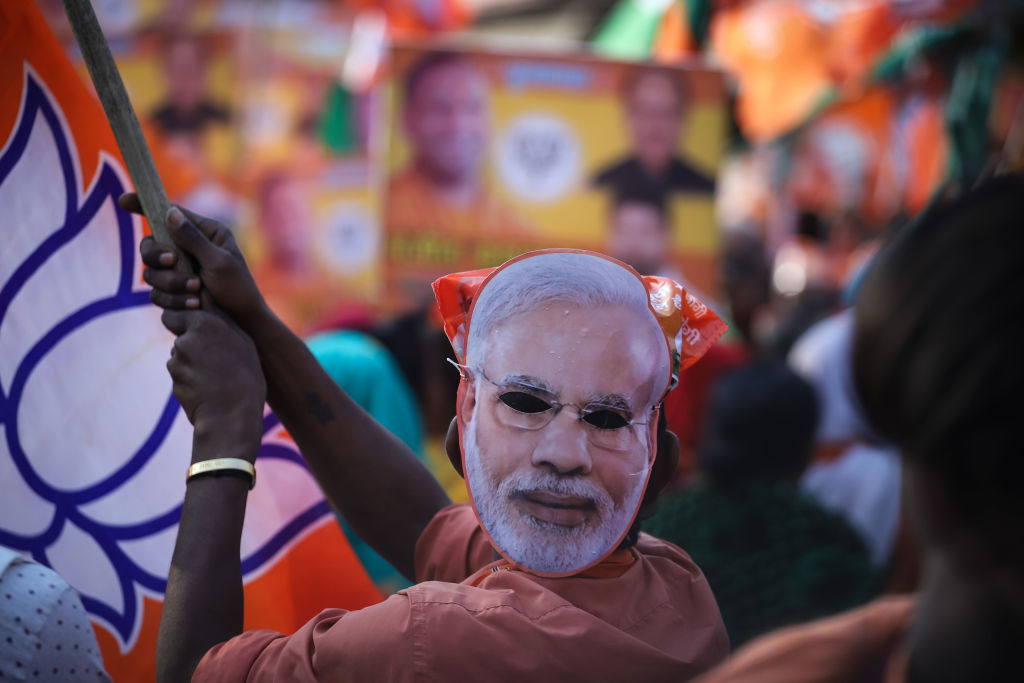
By: Twinkle Roy
THE Indian national election kicks off on April 19 and the massive electoral exercise in the world’s largest democracy will continue till June 1 in a seven-phase affair. The results will be announced on June 4. While the ruling National Democratic Alliance (NDA) led by the Bharatiya Janata Party (BJP) of prime minister Narendra Modi is expected to emerge the winner for the third success term after 2014 and 2019, it will also be interesting to see if the opposition, despite its weaknesses, could adequately sway the country’s political scenario to a more variegated regionalised version of democracy.
India Weekly spoke to Suhas Palshikar, an eminent political scientist and an authority on India’s party and democratic politics, Suhas Palshikar, over various issues related to the crucial national elections that Modi and his Hindu nationalist forces are confident of winning.
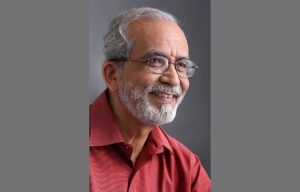
Based in Pune and honorary co-director of Lokniti, a research programme on comparative democracy at the Centre for the Study of Developing Societies, Delhi, Palshikar has not only taught for nearly four decades but has also been associated with India’s National Election Study since the national elections of 1996. He was also one of the main investigators of the international project on Democracy in South Asia (Round One and Round Two).
He writes on contemporary Indian politics in English and Marathi and has also written extensively in academic publications on party and democratic politics in India.
Read: Interview of India electoral watchdog ADR’s Jagdeep Chhokar on electoral bonds controversy
One of the major points of discussion in this year’s election has been India’s ‘North-South’ divide. While prime minister Narendra Modi has been seen making frequent visits to the southern states where his party is not powerful yet, barring Karnataka, some states and the opposition parties that rule them have targeted the federal government over issues such as devolution of taxes.
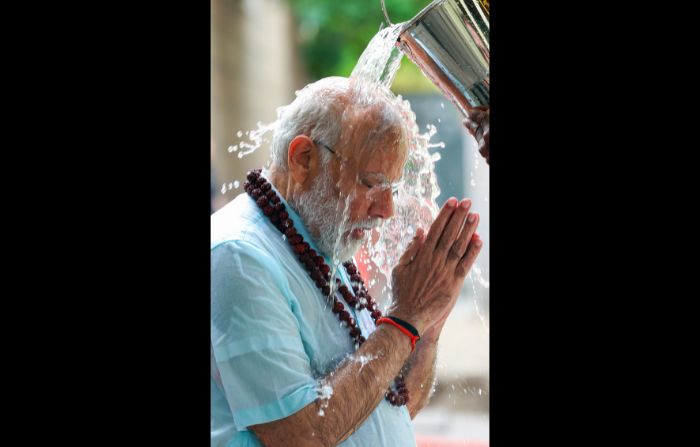
In February, there was a serious protest that was staged by leaders of the opposition Indian National Congress from the state of Karnataka which it is currently ruling after winning the elections in 2023 and removing the BJP from power. One MP from the southern state even went to the extent of remarking that the alleged low levels of tax devolution might see the southern states secede from the Indian Union, inviting a severe backlash from the ruling party, including the prime minister.
Read: Why Modi is so popular? Decoding India PM’s appeal through trait theory
Palshikar believes the ‘North-South’ debate is significant for this year’s election. He said electorally, the BJP needs to expand its presence in the southern states if it wants to pose itself as a truly all-India party. The party at the moment is not in power in any of the southern states whereas the Congress, which otherwise is in a poor shape in the national politics, rules two – Karnataka and Telangana.
“For the BJP itself to go beyond 300 seats, it has to win seats in the south and this explains PM Modi’s keenness to woo the south. But it is very doubtful if the BJP will really dent states such as Tamil Nadu and Kerala. In Andhra Pradesh and Telangana, however, it is more likely to expand,” he told India Weekly.
Like regionalism, caste is another factor that seems to emerge into a major factor in the 2024 election. The opposition have raised a demand for caste census and Nitish Kumar, the chief minister of the eastern state of Bihar who had stayed briefly with the opposition Indian National Democratic Inclusive Alliance (INDIA) before returning to the NDA, had also carried it out in his state.
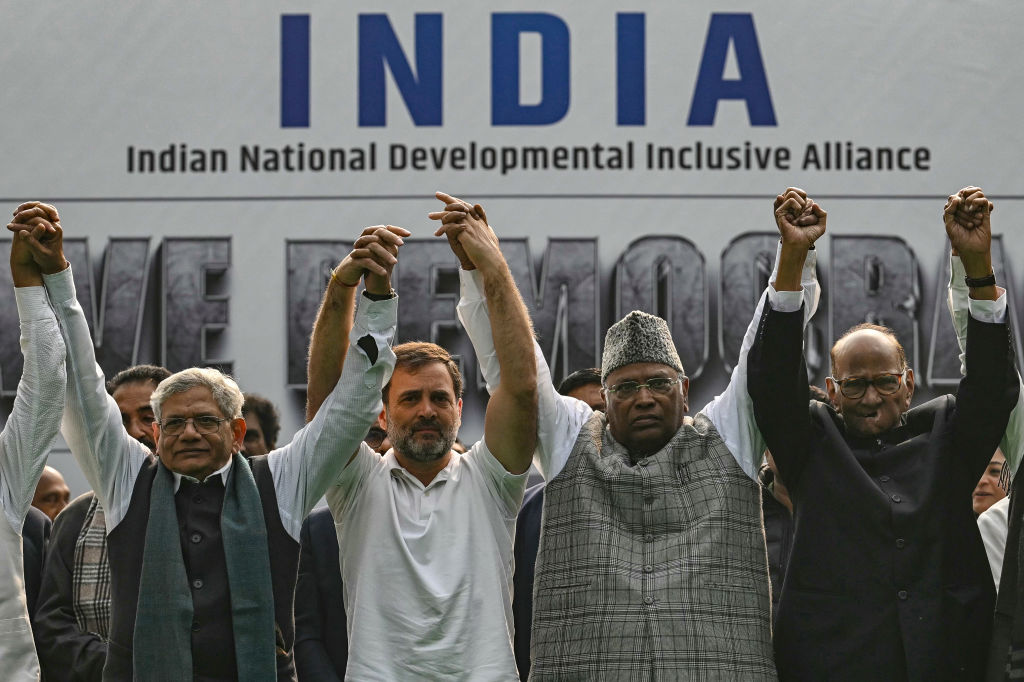
Is the caste census an effort by the opposition to challenge the BJP’s solid Hindu vote bank? Some have called it a negative approach that promotes factors such as caste when Modi is talking about development and national progress.
“Issues of backward castes have emerged as important since the 1990s. However, no party has been able to come up with a comprehensive policy on this question,” Palshikar said, delineating what has not been adequately dealt with at the national level.
“One limitation of the social justice policy has been the absence of reliable data. The former United Progressive Alliance government, while undertaking the 2011 census, did try to collect data on socio-economic conditions of the backward classes but caste census is a more basic measure that would help map social backwardness. Therefore, the demand/promise of caste census has significant policy implications,” he added.
According to Palshikar, the BJP claims that it looks after the well-being of all sections and things such as caste census is not required. While he feels that it gives the opposition an opportunity to wrest away the more backward sections from the ruling party’s fold, he wonders whether it would happen in reality, given the opposition’s weakness with their communication.
Discussing further about the opposition in this election and whether their hard-earned unity and pro-election alliance can stun the BJP on June 4, particularly if they can contest candidate-to-candidate against the Hindu nationalist party with solid unity, Palshikar said, “One-to-one candidate or complete opposition unity are issues only in states where more than one anti-BJP parties are relevant, such as Bihar (to some extent), Maharashtra (to a larger extent), Punjab and Delhi.
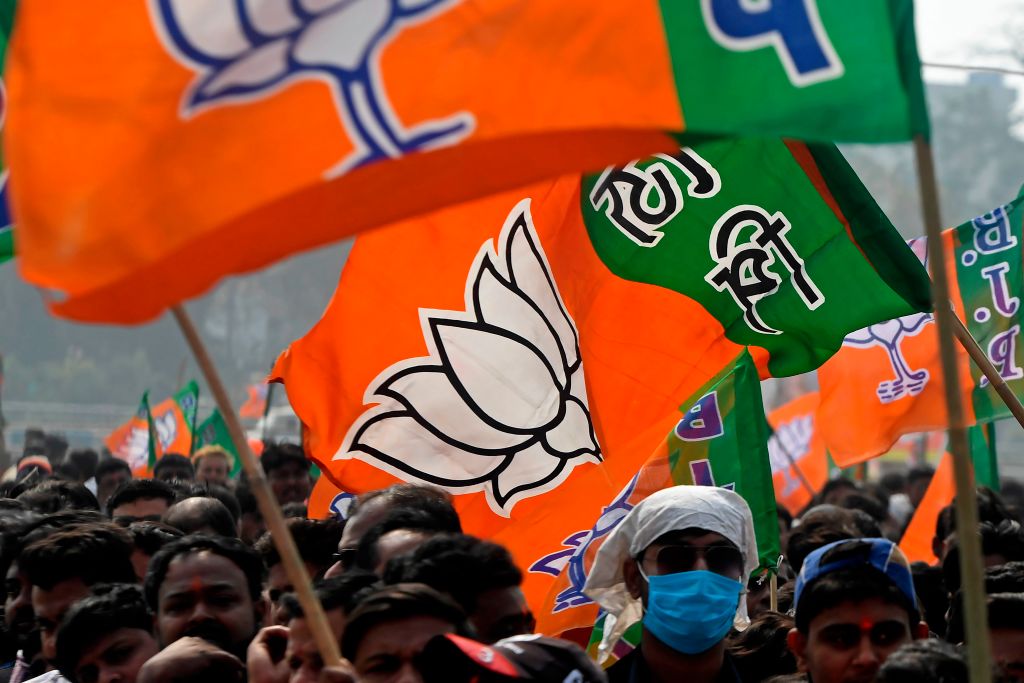
“Elsewhere, the issue is that one opposition party is the main challenger of the BJP and therefore, others need to be able to transfer their relatively smaller vote share to the main challenger. Then there are states such as Gujarat and Madhya Pradesh where the main opposition party has to be able to take on the BJP and the issue of alliance is much less relevant.”
Women voters could also be a big factor in the upcoming elections in India. The chief election commissioner, Rajiv Kumar, recently announced that in 12 states of the country, women voters dominate the electoral rolls. When asked whether the Modi government’s women-centric incentives and schemes are boosting women’s participation or it is the other way round, Palshikar said women’s participation in elections India has been influenced by social changes and the political parties have capitalised on this change.
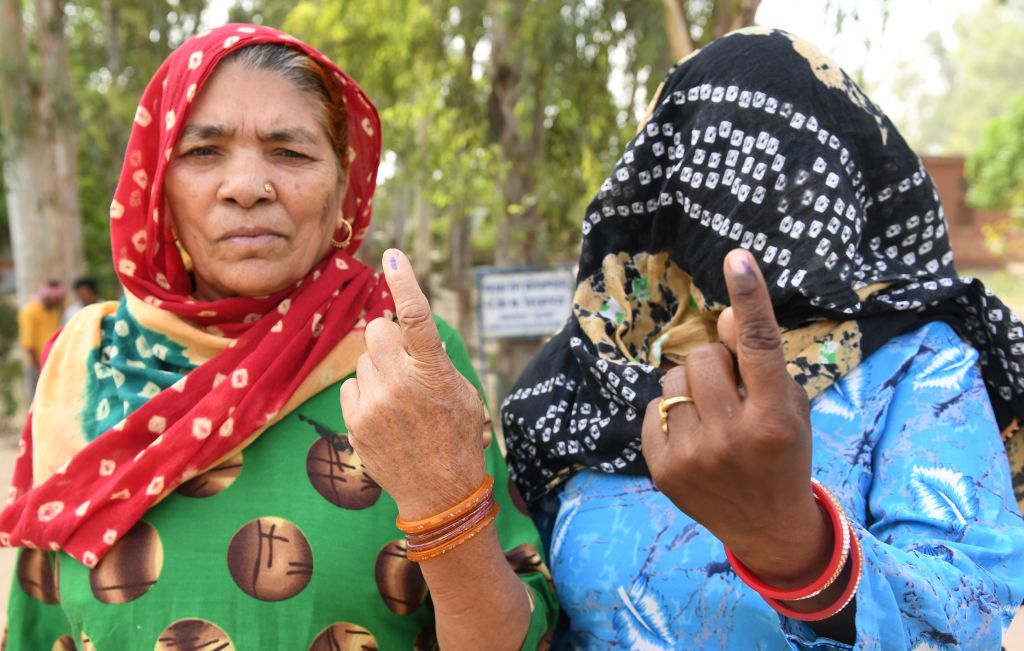
“Over time, and particularly since the early 2000s, the phenomenon of women voting of their own accord and not under the influence of male members of the family, has become somewhat pronounced. As a result, the political parties too have found it necessary to encourage shaping of the women constituency as a useful strategy. This explains the increased emphasis on programmes and schemes aimed at women,” he told India Weekly.
While Modi and his BJP are considered to be in a stronger position vis-à-vis the opposition going into these polls, could developments such as the Supreme Court of India’s scrapping of the electoral bonds scheme or the arrest of Delhi chief minister Arvind Kejriwal about a month ahead of the election go in favour of the opposition seeking an end to the Hindu nationalists’ rule?
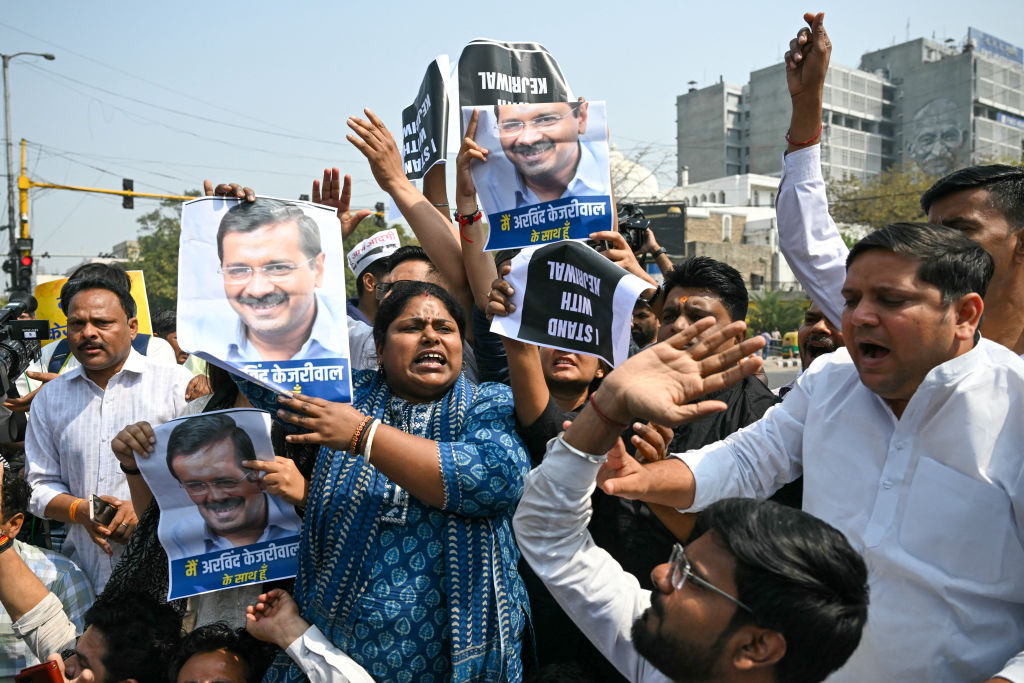
Palshikar thinks it is least likely to happen. He said the Aam Aadmi Party leader’s arrest might not favour the INDI Alliance or the party itself during the elections as the BJP would project the matter as politics of ‘corruption versus cleansing’. Unlike the second government of former prime minister Manmohan Singh the image of which was tainted by serious corruption charges, Modi and his government have succeeded in maintaining a clean image throughout and the AAP case could go more in his favour.
Similarly, he also feels that the opposition will not gain much from the electoral bonds issue unless they manage to find out and effectively communicate specific and dramatic cases of quid pro quo emerging from the political donations. Otherwise, “the electoral bonds controversy is unlikely to affect the course of elections,” he said.
Finally, India Weekly asked Palshikar about India’s massive electoral exercise, which even sees polling stations being set up in places as remote as a wildlife sanctuary in the southern state of Kerala or in a shipping container in the western state of Gujarat. The spread of electoral democracy in India in 76 years since Independence is something that one cannot overlook, but has the country’s democracy really deepened in spirit?
“The election machinery has always tried to expand its reach so that voters can cast votes easily. This represents the procedural effectiveness to bring about more participation. That effectiveness must be matched by the Election Commission of India’s equally important task of ensuring free electioneering. Only then such innovations can become part of the democratic project,” he said.
![]()